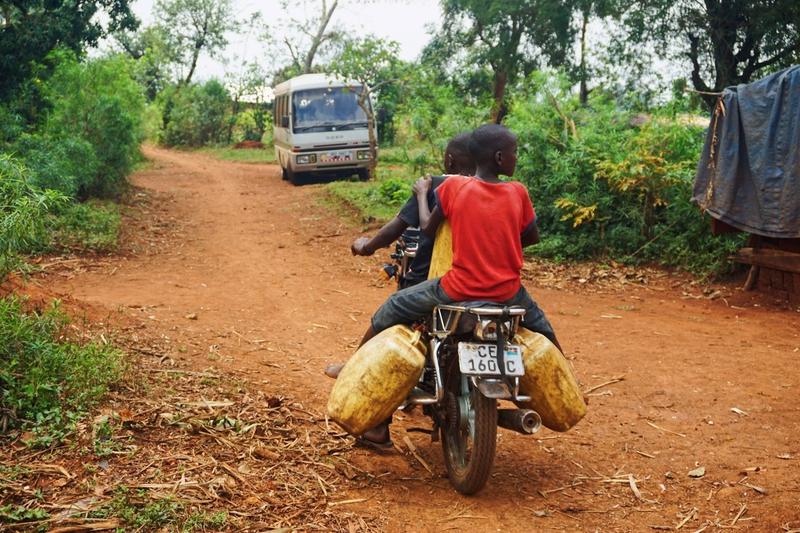Blog series: #reubenpeople
My main field of research is water security, answering questions around how we can advance water science and improve decision-making to ensure that some of the most vulnerable populations around the world have access to safe, sufficient and sustainable supplies of water.
I co-direct the REACH programme, which is a research programme that aims to improve water security for 5 million poor people in Africa and South Asia. This has always been a seen by academics as an extremely challenging target (although less so by practitioners).
When it comes to impact, in academic life this is still too often seen as publishing papers and delivering lectures. But impact is also about looking beyond academia. REACH partners with people who are making decisions about water to ensure our research is useful to them and available to inform their policies and initiatives – people in government, in UNICEF and other NGOs, in donor organisations, etc. In our work, delivering world-class science is as much a priority as establishing partnerships and building capacity to generate approaches that positively transform policy and practice.

Photo by Melissa Askew on Unsplash
We have also had to be effective in interdisciplinary and transdisciplinary research to achieve progress. Being able to collaborate in a team with diverse expertise has helped to shape understanding of the complex relationships between water security and poverty. For example, a community in a particular area may be vulnerable to both flash floods and chronic water scarcity. Unless you’re able to bring people together who are gathering data and evidence from multiple dimensions of a challenge, you’re inevitably going to miss out important elements of the bigger picture.
When we interview early career researchers for positions, we really notice the gap in their understanding of interdisciplinary research and of how to have impact. My aspiration with Reuben College is that we can train our students to be more aware of when and how to apply their knowledge, and how to work in interdisciplinary and transdisciplinary ways to have real impact in the world.
One of the highlights of my career has been to make space for an early career professional in my team, and to mentor her, to produce the “Best practice guide: developing inclusive conferences.” The response to the guide has been amazing, and the support from senior professionals from government, UNICEF and NGOs to put it into practice at events has led to real impact. We have seen more young women from developing countries stepping forward to ask questions and have their voice heard at events. I hope through Reuben we can help mentor more people early in their career, and give them the opportunity, to have meaningful impact.
Read about the multi-million pound funding award for the REACH programme from the Foreign, Commonwealth & Development Office (FCDO)
Dr Katrina Charles is Associate Professor in Water Security, School of Geography and the Environment